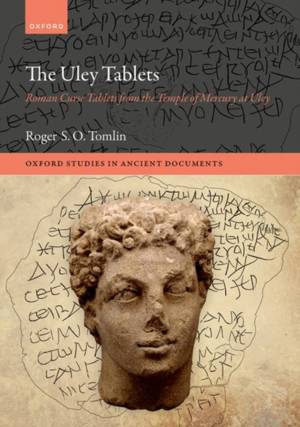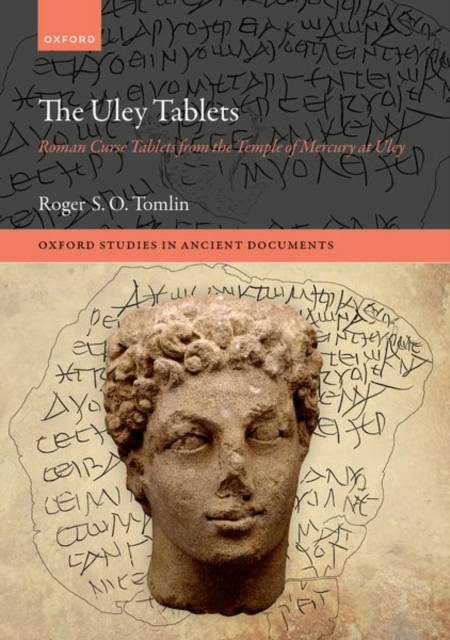
- Afhalen na 1 uur in een winkel met voorraad
- Gratis thuislevering in België vanaf € 30
- Ruim aanbod met 7 miljoen producten
- Afhalen na 1 uur in een winkel met voorraad
- Gratis thuislevering in België vanaf € 30
- Ruim aanbod met 7 miljoen producten
Zoeken
€ 338,45
+ 676 punten
Omschrijving
The Uley Tablets is the first full publication of the eighty Roman lead writing-tablets found in the excavation of a Romano-British temple in the Cotswolds, the temple of the god Mercury at Uley, Gloucestershire, together with two from the nearby site of Tarlton. Like those found in the hot spring at Bath, they are 'curse tablets', so called because they seek divine intervention against the writer's enemies, who are mostly thieves unknown. They complain of farm animals being stolen or bewitched, even a stolen beehive (the first document of bee-keeping in Britain), the theft of clothing such as gloves, cloaks and gaiters, woman's underwear, the theft of rings and sums of money ranging from two 'mites' to a hundred thousand denarii. In formalised language they ask the god to recover their property and punish the thieves with ill health or the 'greatest death'. These tablets are the richest collection of manuscripts from the countryside of Roman Britain, unique as a written witness to the social and economic history of the province since they were not found in the usual urban or military context. They are a major new source for studying the language, whether written or spoken, of the civil population. The Uley Tablets provide a practical lesson in how to decipher Roman handwriting, and in this volume, they are transcribed and translated with detailed commentary, each inscribed face illustrated with a photograph and line-drawing. These texts are preceded by eleven introductory chapters which outline their context and content, the way in which the god was approached, the language and handwriting employed, and the implications for the study of literacy in Roman Britain. The Uley Tablets offer a vivid contribution to ancient history with a disturbing modern echo.
Specificaties
Betrokkenen
- Auteur(s):
- Uitgeverij:
Inhoud
- Aantal bladzijden:
- 400
- Taal:
- Engels
- Reeks:
Eigenschappen
- Productcode (EAN):
- 9780192888624
- Verschijningsdatum:
- 26/12/2024
- Uitvoering:
- Hardcover
- Formaat:
- Genaaid
- Afmetingen:
- 217 mm x 300 mm
- Gewicht:
- 1410 g

Alleen bij Standaard Boekhandel
+ 676 punten op je klantenkaart van Standaard Boekhandel
Beoordelingen
We publiceren alleen reviews die voldoen aan de voorwaarden voor reviews. Bekijk onze voorwaarden voor reviews.











